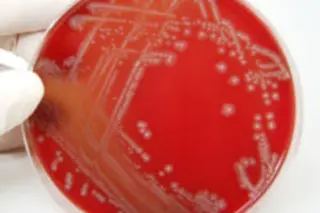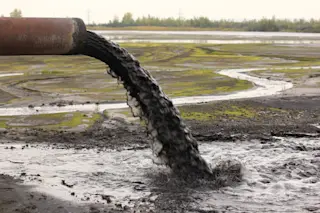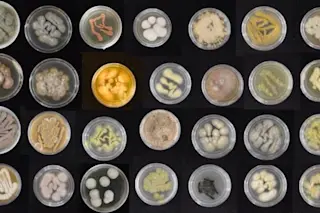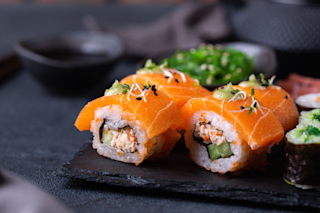Most of us associate the bacteria E. coli with nasty stomach ailments. But a new study published in
magazinesuggests E. coli can not just turn stomachs, but could potentially turn the wheels of your car, since a genetically engineered strain of the bacteria has produced clean, road-ready biodiesel. The bacteria can work on any type of biomass, including wood chip, switchgrass, and the plant parts that are left behind after a harvest--all contain cellulose, a structural material that comprises much of a plant's mass. Study coauthor Jay Keasling and his colleagues
report engineering E. coli bacteria to synthesize and excrete the enzyme hemicellulase, which breaks down cellulose into sugars. The bacteria can then convert those sugars into a variety of chemicals--diesel fuel among them. The final products are excreted by the bacteria and then float to the top of the fermentation vat before being siphoned off [Technology Review].
E. ...














